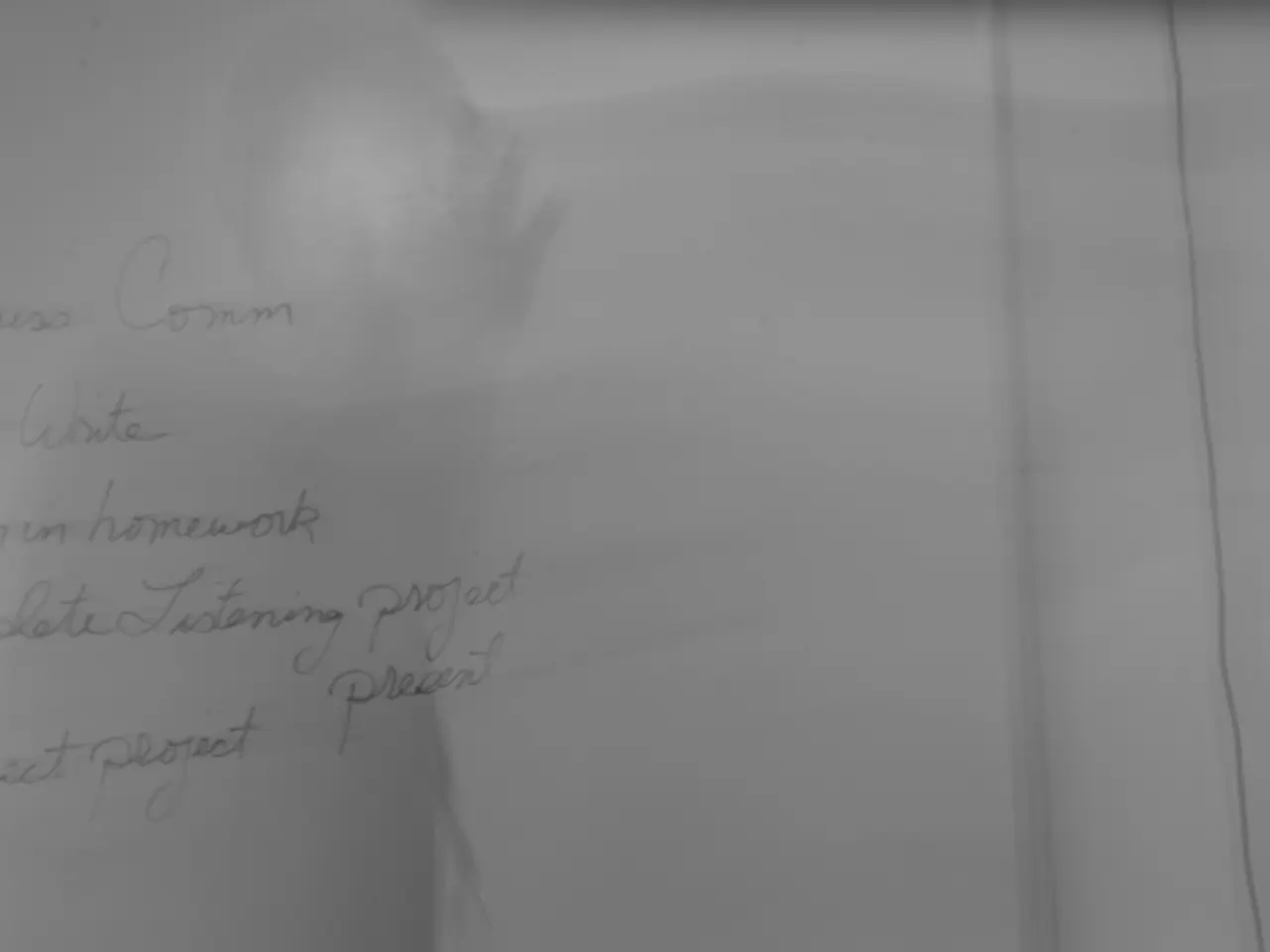Insurers Fight No UPCODE Act as Bill Aims to Save $124B in Medicare Waste
The insurance industry is pushing back against the No UPCODE Act, using a political action committee called Medicare Advantage Majority to safeguard its interests. This bipartisan bill, sponsored by Sen. Bill Cassidy (R-Louisiana) and Sen. Jeff Merkley (D-Oregon), aims to improve risk evaluation in Medicare Advantage plans and reduce overpayments. Meanwhile, health care funding, including the Medicare Advantage program, is a central topic in the ongoing federal government shutdown talks.
The Medicare Advantage program, established in 2003 to curb misconduct by private insurers, has since been exploited for billions in fraudulent overcharges. The No UPCODE Act seeks to address this issue by enhancing how patients' health risks are assessed, potentially saving $124 billion in Medicare waste over a decade. Wendell Potter, a health insurance industry watchdog, endorses the bill as a means to tackle wasteful spending in the Medicare Advantage program.
The insurance industry's lobbying efforts against the bill have drawn attention. They are using the Medicare Advantage Majority PAC to protect their interests. If passed, the No UPCODE Act could relieve political pressure on Republicans, who have close ties to the insurance industry. However, the bill does not address the excessive use of prior authorization in health care insurance, another key reform issue.
The No UPCODE Act, with its potential to save billions and improve the Medicare Advantage program, could play a significant role in resolving the federal government shutdown and reforming the health care system. Despite industry lobbying, the bill's bipartisan support and potential savings make it a compelling proposal in the ongoing shutdown negotiations.




